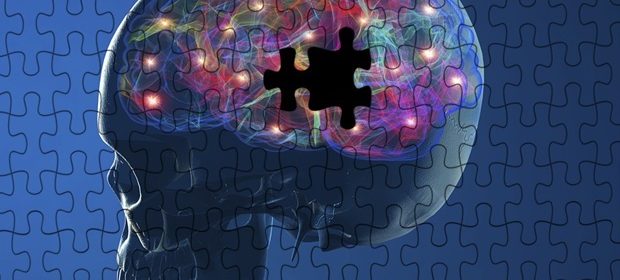Peak Seasons, Times for Suicidal Thoughts, Attempts IDd

Suicidal ideation peaks during the winter but suicide attempts are most common in late spring and early summer in the early hours of the morning, new research shows. In addition, the results from Harvard University’s Project Implicit Health also show that people are most likely to make an attempt at suicide between 4 and 6 AM. “No research has demonstrated […]
Continue reading »







